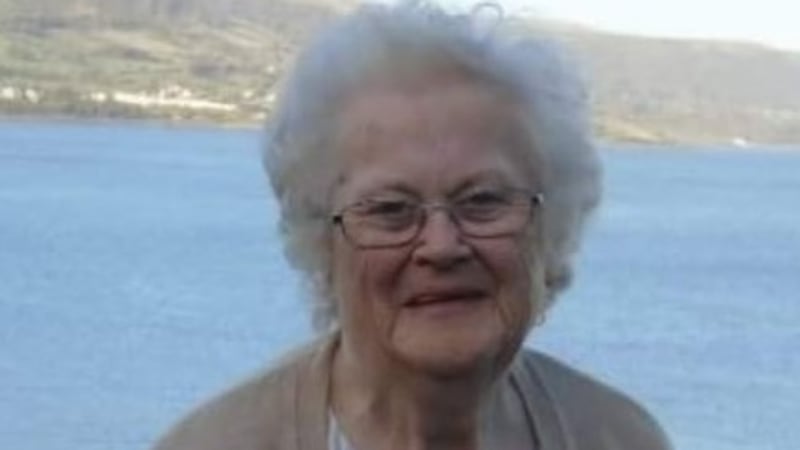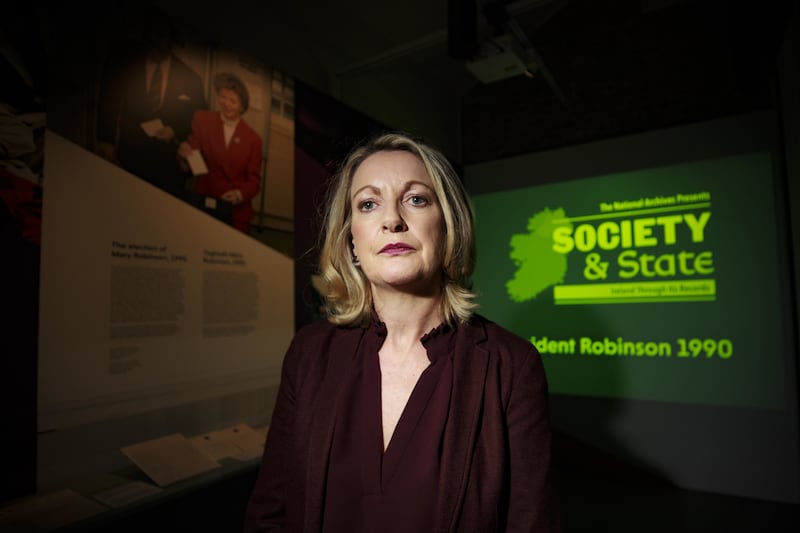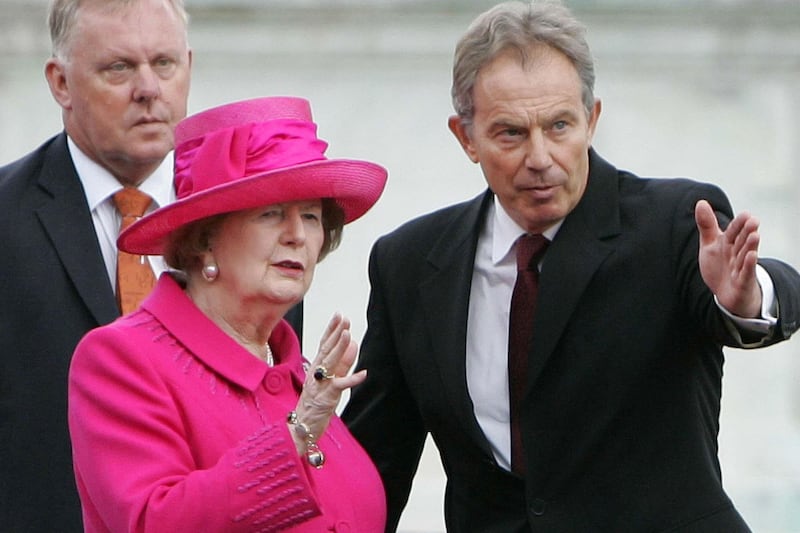Health officials voiced “serious concerns” that celebrations of the new millennium in Northern Ireland would lead to a major emergency incident, records reveal.
The scale of the festivities envisaged to mark the year 2000 presented a risk of overwhelming the emergency services, according to a Department of Health briefing paper.
The paper was prepared for incoming health minister Bairbre de Brun, who was appointed to the role in the new Stormont executive a month prior to the new year festivities.

The paper published by the Public Record Office of Northern Ireland also outlined the concerns around the so-called Millennium Bug and the potential for the date change to disrupt IT systems within the region’s health service, including the failure of medical devices.
To read more on the latest state papers, look below:
- Mandelson was advised not to refer to Ireland as ‘The Free State'
- Officials told not to 'embarrass' schools with McGuinness visits, records reveal
- Letter was sent to Terence O'Neill in 1964 about NI to Scotland tunnel idea
- ‘Politically charged' option of closing rail network sections suggested in 2000
The department estimated the cost of works to mitigate against Millennium Bug-related issues at more than £16.5 million.
“The dawn of the new millennium poses significant problems for the HPSS (Health and Personal Social Services) in terms of contingency and emergency planning,” stated the briefing document.
“As well as the need for fall-back ‘business continuity’ plans (should medical devices or other equipment fail) there is also a need to ensure that major incident plans will be able to cope with the potential demands over the critical date-change period, and beyond.
“There are serious concerns about the celebration of the new millennium itself with a heightened potential for a major incident arising from the sheer scale of the celebrations, or the cumulative effect of a number of smaller incidents combining to overwhelm the HPSS response, or both.
“These possibilities are compounded by the length of the public holiday period which may last for 10 consecutive days (from 24 December ’99 to 2 January ’00) with consequent difficulties in ensuring adequate staffing cover.
“Although the primary focus relates to 1 January 2000, it is anticipated that there will be many ‘first in the new millennium’ events throughout 2000 (and possibly 2001), which may continue to pressurise the emergency services.
“Many HPSS organisations are predicting the need for additional staff cover over the Millennium holiday period.”








